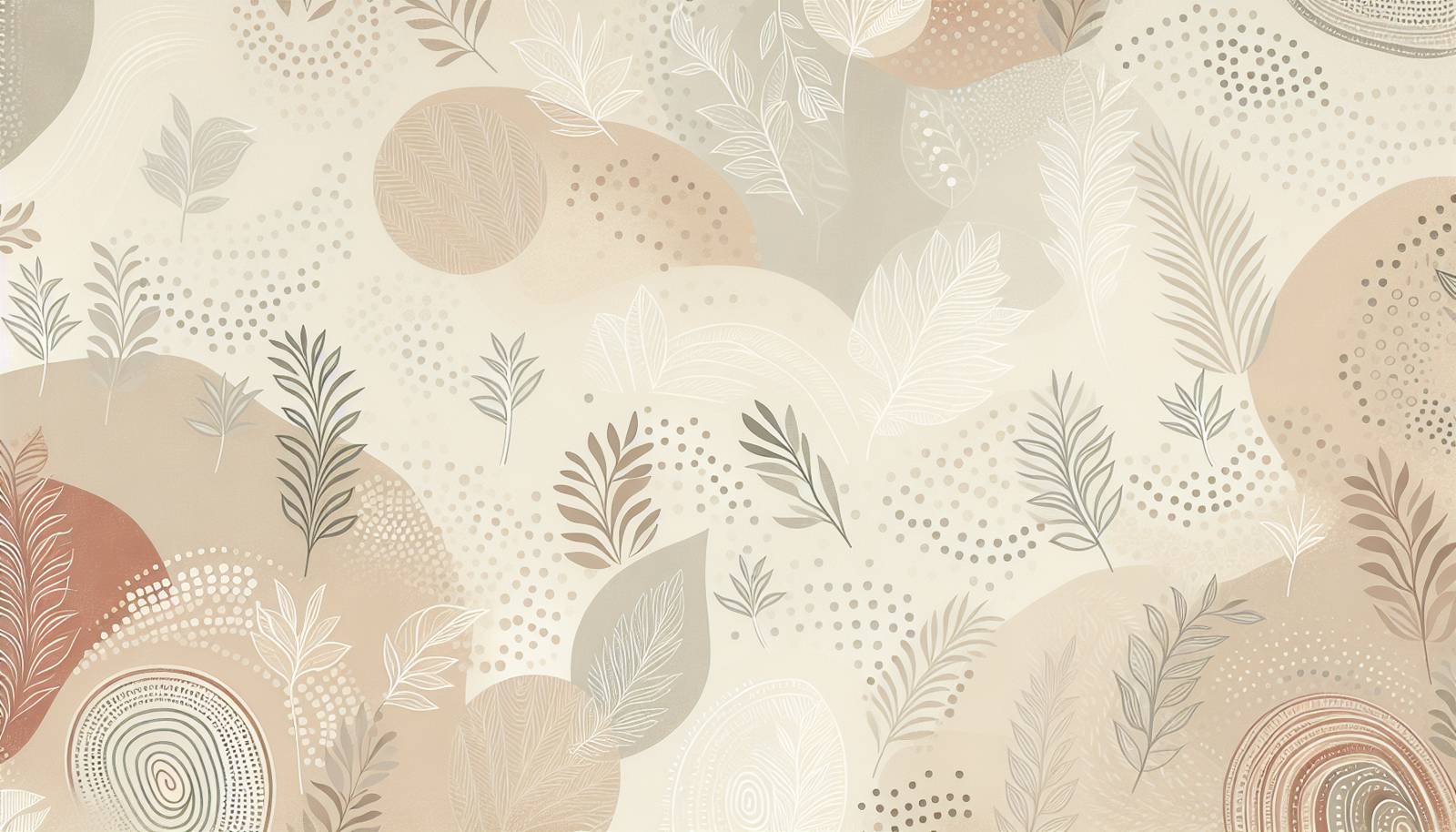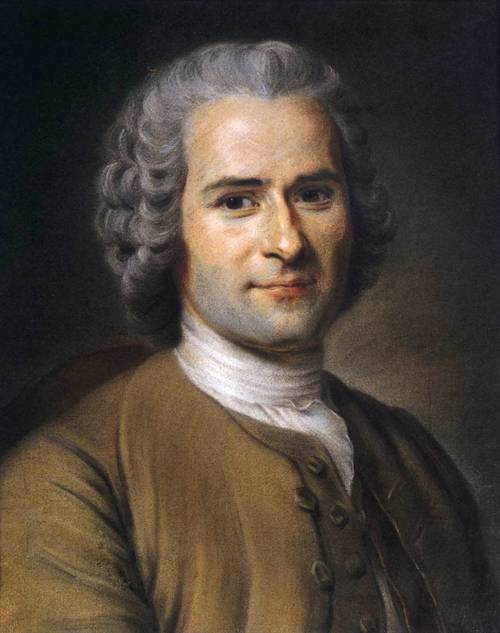
FAQ About Jean-Jacques Rousseau

Who was Jean-Jacques Rousseau?
Jean-Jacques Rousseau was a Swiss philosopher, writer, and composer of the 18th century. He is best known for his influential works related to political philosophy and education, which had a substantial impact on the Enlightenment in Europe, as well as on modern political and educational thought.

What is Jean-Jacques Rousseau best known for?
Rousseau is best known for his contributions to political philosophy, particularly through his work on the social contract theory. His ideas on education, expressed in books like 'Emile, or On Education,' and his thoughts on human nature and society have also been highly influential. Additionally, his work 'The Social Contract' introduced concepts that would later influence democratic theories.

What is the significance of Rousseau's 'The Social Contract'?
'The Social Contract,' published in 1762, is one of Rousseau's most important works. In this book, he outlines his theories on how a legitimate political state should be organized. The main idea is that the authority of a state is only justified by the consent of its people, and that sovereignty should belong to the people, not a ruler. This work greatly influenced the development of democratic thinking and inspired various political movements.

What are Rousseau's views on education?
Rousseau expressed his educational philosophy in his book 'Emile, or On Education,' where he proposed that education should nurture rather than constrain a child's natural instincts. He emphasized the importance of individual freedom, experiential learning, and the development of a person's character and morals, rather than rote memorization and strict discipline. Rousseau believed that education should develop the whole person, not just their intellect.

How did Rousseau influence the French Revolution?
Rousseau's writings, particularly 'The Social Contract,' played a significant role in influencing the leaders of the French Revolution. His ideas about popular sovereignty and the general will resonated with revolutionary leaders, who used these concepts to advocate for a more equal and fair society. The notion that political authority should be derived from the people's will was a powerful motivator for revolutionary change.

What was Rousseau's 'Emile, or On Education' about?
'Emile, or On Education' is a treatise on the nature of education and the ideal means of raising children. Published in 1762, Rousseau argues that education should be child-centered and promote natural development. He emphasizes the importance of allowing children to learn through experiences and critical thinking instead of through traditional, rigid schooling methods.

How did Rousseau's ideas contrast with those of other Enlightenment thinkers?
While many Enlightenment thinkers championed reason and scientific progress, Rousseau was skeptical of the unchecked advancement of science and arts, believing they could corrupt human morality. He argued for a return to the natural state of human beings, advocating for simplicity and the idea that humans are inherently good but corrupted by civilization, which contrasted with the views of thinkers like Voltaire and Diderot.

What was Rousseau's concept of the "general will"?
The concept of the "general will" is central to Rousseau's political philosophy. He defined it as the collective will of the citizens that aims for the common good. According to Rousseau, legitimate laws and government decisions derive their authority from this general will, which reflects the true interests of the people, as opposed to individual or factional interests.

Did Rousseau believe in natural human goodness?
Yes, Rousseau believed that humans are naturally good but are often corrupted by the institutions and societal structures around them. This idea is reflected in his discourse on the arts and sciences, in which he argued that civilization has moved man away from his natural state and original purity. Rousseau called for a return to a more natural and virtuous way of living.

What impact did Rousseau have on Romanticism?
Rousseau's emphasis on individual emotion and the innate goodness of humanity significantly influenced the Romantic movement. His focus on nature, individualism, and the importance of personal experience resonated with Romantic artists and writers, who often explored themes like the beauty of nature and the depths of human emotion, in alignment with Rousseau's ideals.

Why did Rousseau criticize contemporary society?
Rousseau was critical of contemporary society because he believed it corrupted natural human goodness and bred inequality. He argued that social institutions often suppressed individual freedom and morality, leading to a loss of authentic personal values. In his work 'Discourse on the Arts and Sciences,' Rousseau contended that societal progress often undermines genuine human development and happiness.

What did Rousseau believe about private property?
Rousseau had a critical view of private property, believing it to be a key factor in social inequality. In his work 'Discourse on the Origin and Basis of Inequality Among Men,' he proposed that private property was the beginning of societal division and conflict. Rousseau argued that the accumulation of private property led to the creation of laws and governments that favored the wealthy, distancing society from natural equality.

What role did Rousseau's writings play in American political thought?
Rousseau's ideas, particularly from 'The Social Contract,' influenced American political thought during the founding of the United States. His concepts of popular sovereignty and the importance of citizen participation contributed to discussions around the formation of democratic governance. Although not explicitly cited, his philosophies resonated with the democratic ideals that were being established during the American Revolution.

How was Rousseau's early life?
Jean-Jacques Rousseau was born in Geneva in 1712. He had a challenging childhood, marked by the death of his mother shortly after his birth and his father's departure when Rousseau was ten. These early hardships influenced his outlook on life and contributed to his interest in education and human development. He left Geneva at an early age and eventually settled in Paris, where he became involved with intellectual circles.

How did Rousseau view the state of nature?
Rousseau postulated that in the state of nature, humans lived as solitary beings, motivated by simple needs and a natural sense of compassion. He believed it was a state of freedom and equality, without the corruption introduced by society. His idea of the state of nature was central to his critique of modern society, which, he argued, led to inequality and loss of autonomy.

What did Rousseau mean by 'Man is born free, and everywhere he is in chains'?
This famous quote from 'The Social Contract' highlights Rousseau's belief that while individuals are born with natural freedom, social institutions and structures often restrict this freedom. He argued that these "chains" are societal constraints that prevent humans from achieving true liberty and equality, motivating his ideas for a society governed by the general will where people could live freely and equally.

Was Rousseau involved in music?
Yes, in addition to his philosophical works, Rousseau was an accomplished composer and music theorist. He wrote an opera titled 'Le Devin du Village' and contributed to music theory with writings like 'Dictionary of Music.' His interest in music was part of his broader cultural engagement, demonstrating his belief in the importance of the arts, although his philosophy critiqued the role of the arts in society.

How did Rousseau's personal life affect his work?
Rousseau's personal experiences deeply influenced his work and views. His challenging early life, complex relationships, and periods of intense introspection contributed to his philosophical outlook, particularly regarding education, nature, and society. Rousseau's personal struggles with social constraints and his desire for personal freedom are reflected in his writings on human development and the nature of societal oppression.

What was the reaction to Rousseau's works during his lifetime?
During his lifetime, Rousseau's works provoked both admiration and controversy. His provocative ideas on society, government, and education challenged established norms and were often met with resistance from authorities. Some of his works, including 'Emile' and 'The Social Contract,' were banned in parts of Europe, leading to his persecution and forcing him to flee to various countries to continue his writing.

What is the legacy of Jean-Jacques Rousseau today?
Rousseau's legacy is profound and continues to influence contemporary thought across various fields. His ideas on democracy, education, and social equality remain foundational in political and educational discourse. Modern thinkers and activists draw on Rousseau's emphasis on individual freedom and equality, as well as his critique of societal structures that limit human potential.
